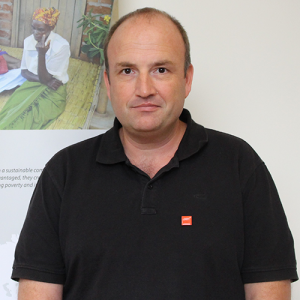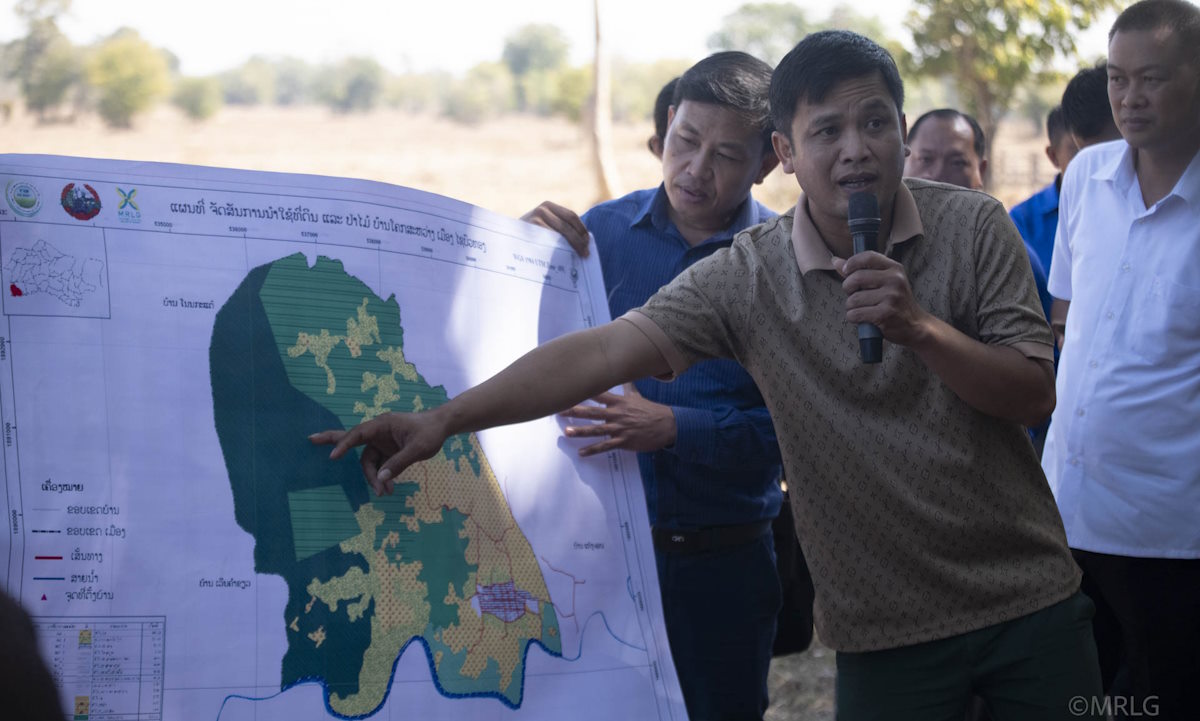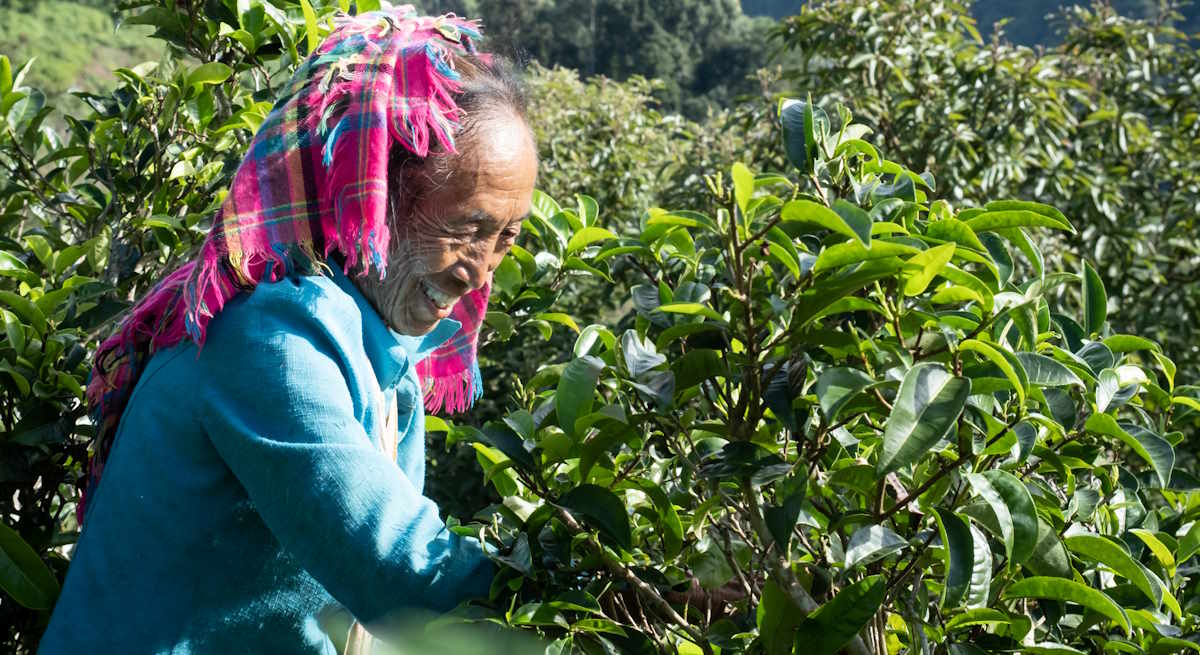3 questions to Arnaud Vontobel, GRET’s representative in Laos since 2015. Arnaud has been working in the area of access to water and sanitation for 20 years and joined GRET in Laos as a water and sanitation project manager in 2012.
What are the major development issues in Laos?
As is the case for other countries in the region, Laos is undergoing significant economic development with more than 6 % growth and one of the highest GDPs in the region, supported mainly by hydroelectricity exports. However, the economic development model adopted by the government is neither sustainable or fair, as it is primarily of benefit to the Lao middle class. It generates growing disparities between cities and rural areas; inequalities are worsening, particularly in terms of access to services.
The role of civil society as a stakeholder in the country’s development is unfortunately not well recognized. Bureaucratic complexities in the various sectors do not facilitate foreign investment and create significant obstacles to the development of local agricultural value chains. Lack of skilled labour is another obstacle to the country’s development; improvement of the educational system and vocational training is therefore a major challenge for its evolution.
Laos has rich natural resources that are the envy of neighbouring countries, such as timber, mineral ores and, of course, hydroelectricity… as well as agricultural products, which gives rise to local practices of granting private concessions that are poorly controlled by central government and very unfavourable for small farmers.
Laos is also poorly prepared for climate hazards and human and natural catastrophes, as we unfortunately saw recently during the terrible accident in the south of the country last July: the collapse of a dam generated an enormous mudslide that affected several villages and led to the disappearance of approximately one hundred people. The latter had received no warning.
How does GRET contribute to fighting against inequalities in Laos?
Through its activities, GRET develops access to essential services in rural areas, for example with the Mirep project, initiated in 2005 to create small-scale water services in semi-rural areas, managed through public-private partnerships.
In the area of agricultural development, GRET supports the adoption of agroecological practices, which are more respectful of the environment and humans. It also develops bamboo value chains and promotes better management of resources by small producers.
Lastly, GRET supports land management stakeholders for better practices that are more in line with the land rights of small farmers in a context where concessions are being granted to foreign investors.
What are the main challenges ahead for GRET in Laos?
The main challenge is to develop our activities focusing on solid waste management and to develop a model for managing services that are suited to rural and semi-rural areas.
GRET will also have to consolidate the Association for the development of bamboo and non-timber forest products, currently being set up by our teams. The process is long, but we plan to launch it during 2019.






